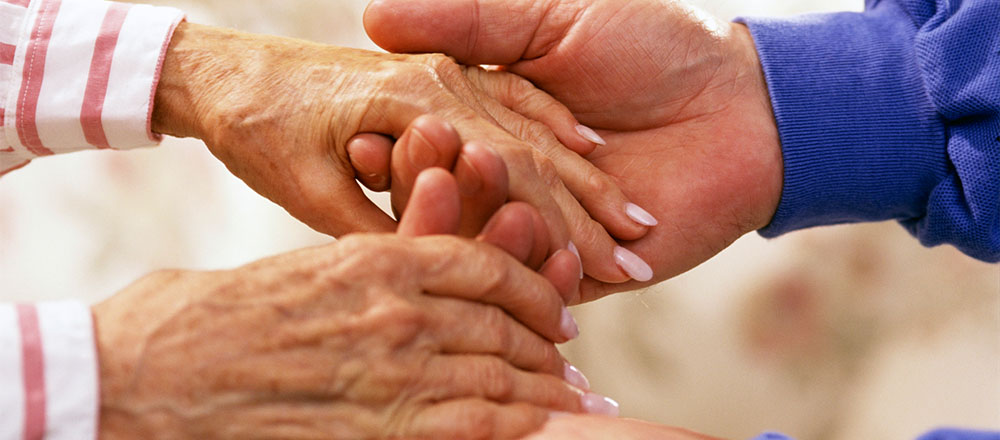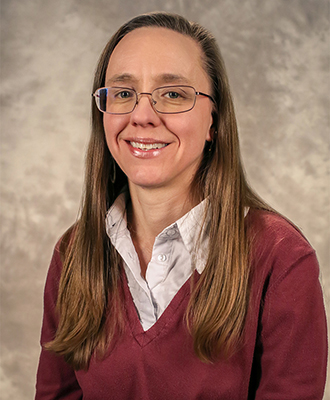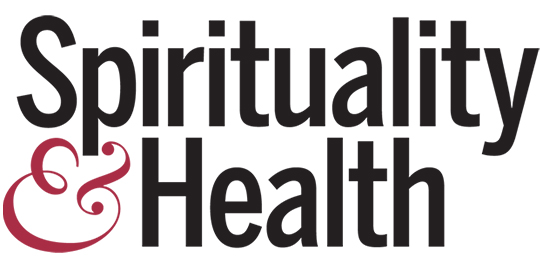
Your body is good at letting you know when something is wrong physically. It’s also usually easy to identify when your emotions and thoughts get stressed and out of balance. Did you know your spirit can also experience distress? Years of working in spiritual care has taught me that life can throw curve balls that put stress on the body, mind and spirit. My work has also shown me that people live their best lives when they keep their body, mind and spirit healthy.
Your spirit is the part of you that holds your beliefs and the way you understand the world. Spiritual distress, as defined by Betty Ferrell and Christina Puchalski in their book Making Health Care Whole, refers to a person’s “impaired ability to experience and integrate meaning and purpose in life through connectedness with self, other, art, music, literature, nature, and/or power greater than oneself.”
It can be hard at times to discern if what you’re thinking and feeling is normal processing of a stressful event or if it is something that runs deeper in your spirit, adding more distress to an already stressful situation, such as when you or a loved one faces a serious medical challenge.
Three Common Causes of Spiritual Distress
Spiritual distress can show itself in many ways. It’s not unusual to experience spiritual concern or distress when facing challenging life circumstances. Three common causes of spiritual distress are existential concerns, grief and loss, and isolation.
Existential concerns. These concerns involve questions of meaning such as:
- Why is this happening to me?
- What is my purpose?
- What is the meaning of my suffering?
These existential questions are common during life transitions. Yet if your responses to such questions involved feelings and thoughts of meaninglessness and uselessness, there is reason for concern.
Grief and loss. These concepts are often associated with the death of someone close to us. However, grief and loss can be experienced in other ways. Any type of loss related to health, relationship or identity can trigger intense feelings and distress. It’s important to exercise caution with grief and spiritual distress. Everyone has a unique grief experience that takes its own time and course. Spiritual distress during the grief process can happen when it is difficult to find comfort and support from practices that have helped in the past.
Isolation. A person may experience isolation when they are separated from the community they have been a part of for a while. Seniors who move from their home into an assisted or skilled living community frequently experience feelings of isolation. Spiritual distress caused by isolation can also occur in situations where someone is still connected to their community and family, but because of illness cannot physically be close to them.
Coping with Spiritual Distress
If you think you are experiencing spiritual distress, reach out to a spiritual care professional such as a clergy person, spiritual faith leader or chaplain. Spiritual care professionals have specific training to help people work through the spiritual distress and reconnect to the things that give their life hope and meaning.
North Kansas City Hospital has chaplains available to help patients with their spiritual needs while they are in the hospital. We can also help connect you with spiritual resources in the community. Your own personal clergy person or spiritual leader is welcome to visit you, too.
The post Recognizing Spiritual Distress appeared first on True North.



